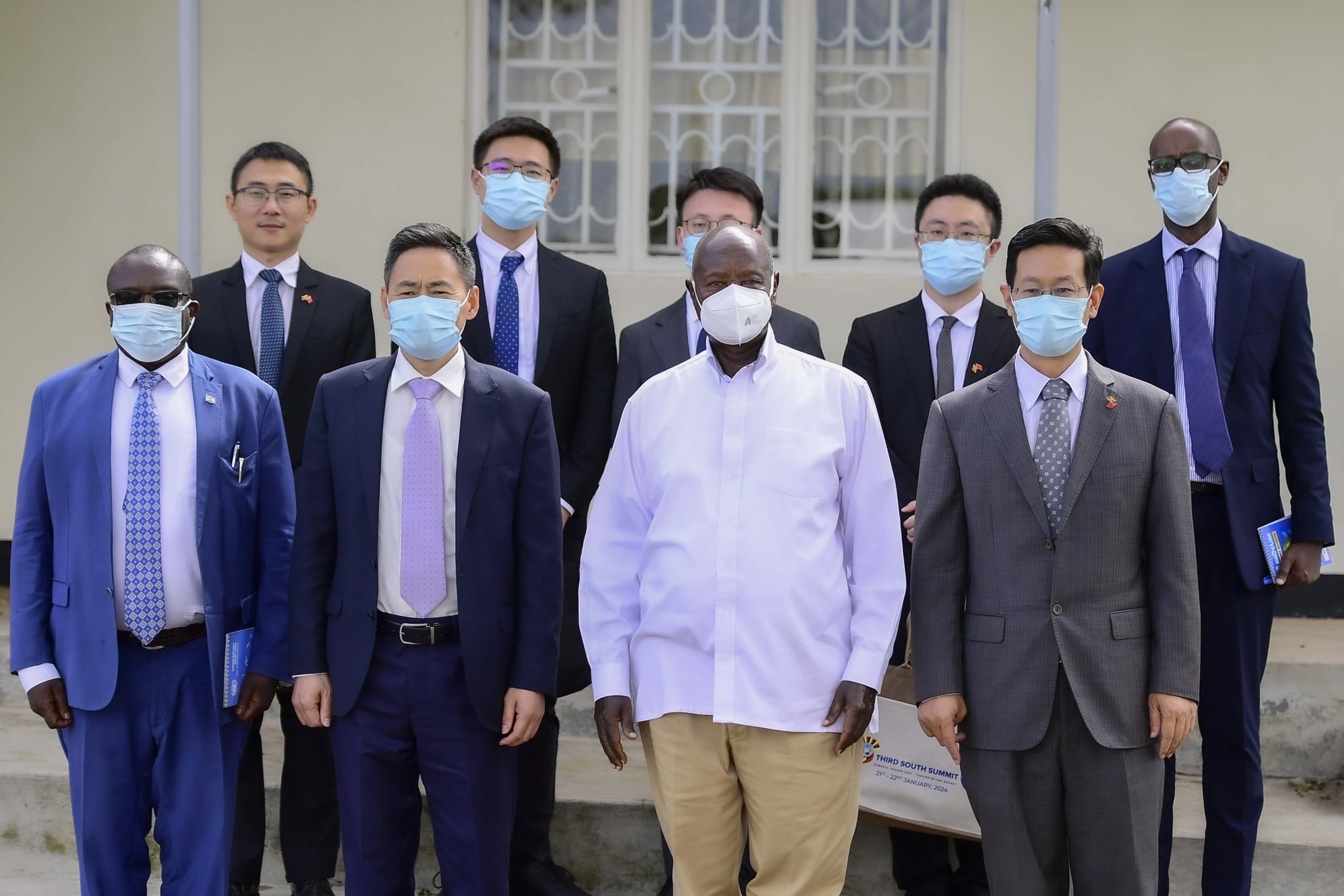Chinese lenders are open and willing to discuss financing for the East African Crude Oil Pipeline Project (EACOP), the Chinese Ambassador to Uganda, H.E. Zhang Lizhong, has told Uganda’s President…
EACOP gets unwavering support from China’s Xi Jinping as Chinese lenders indicate willingness to finance oil pipeline


